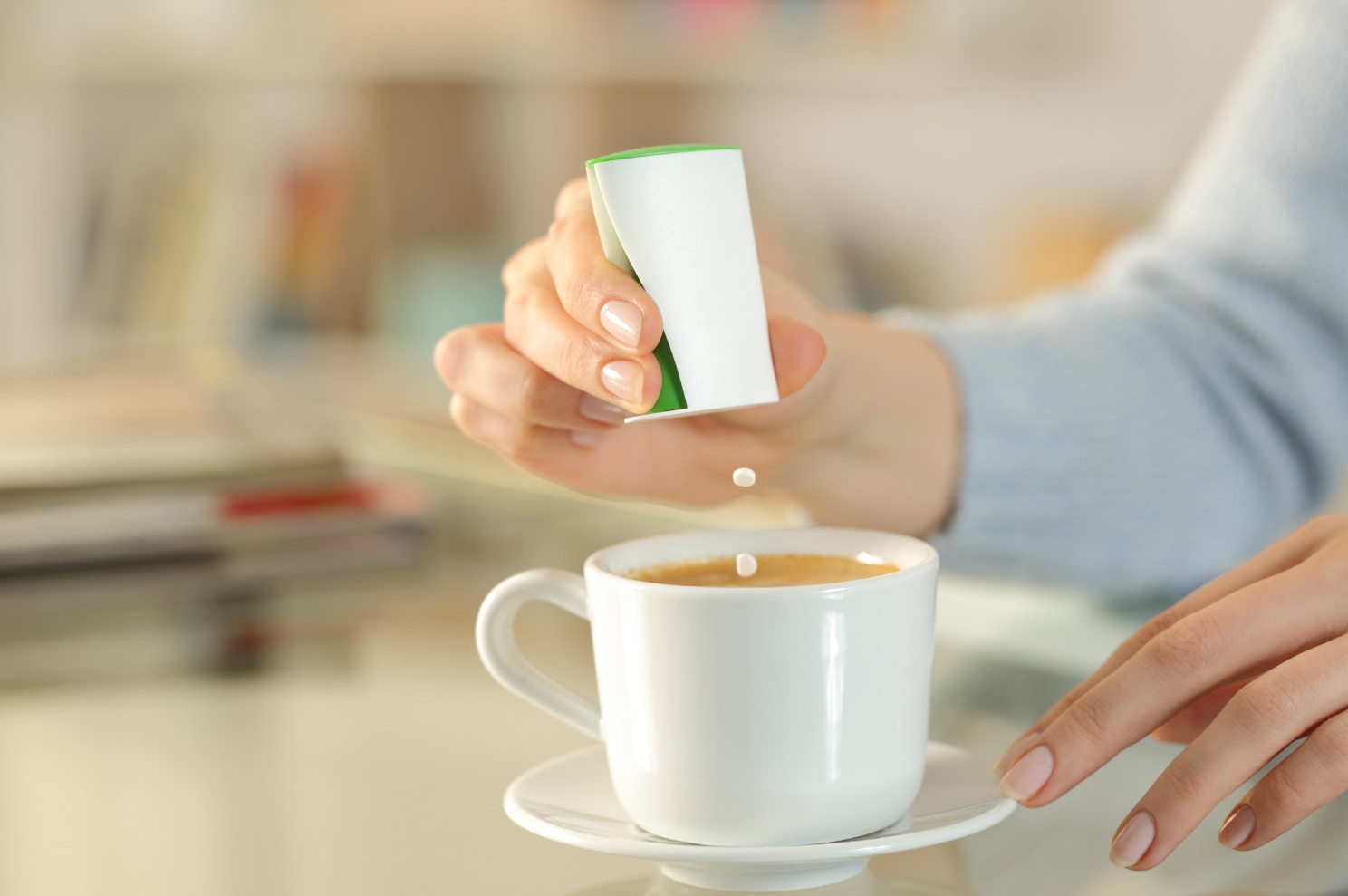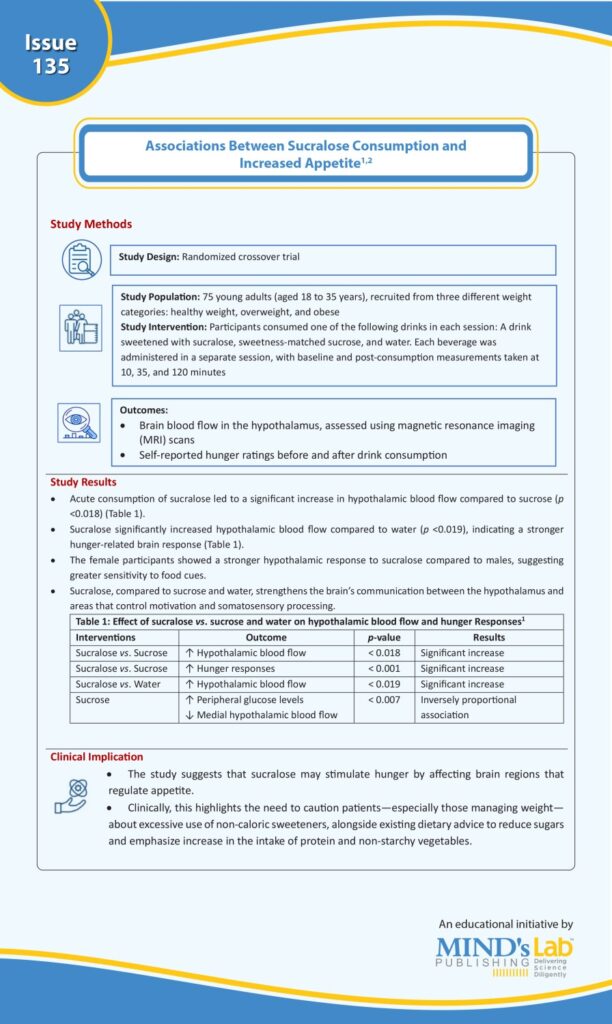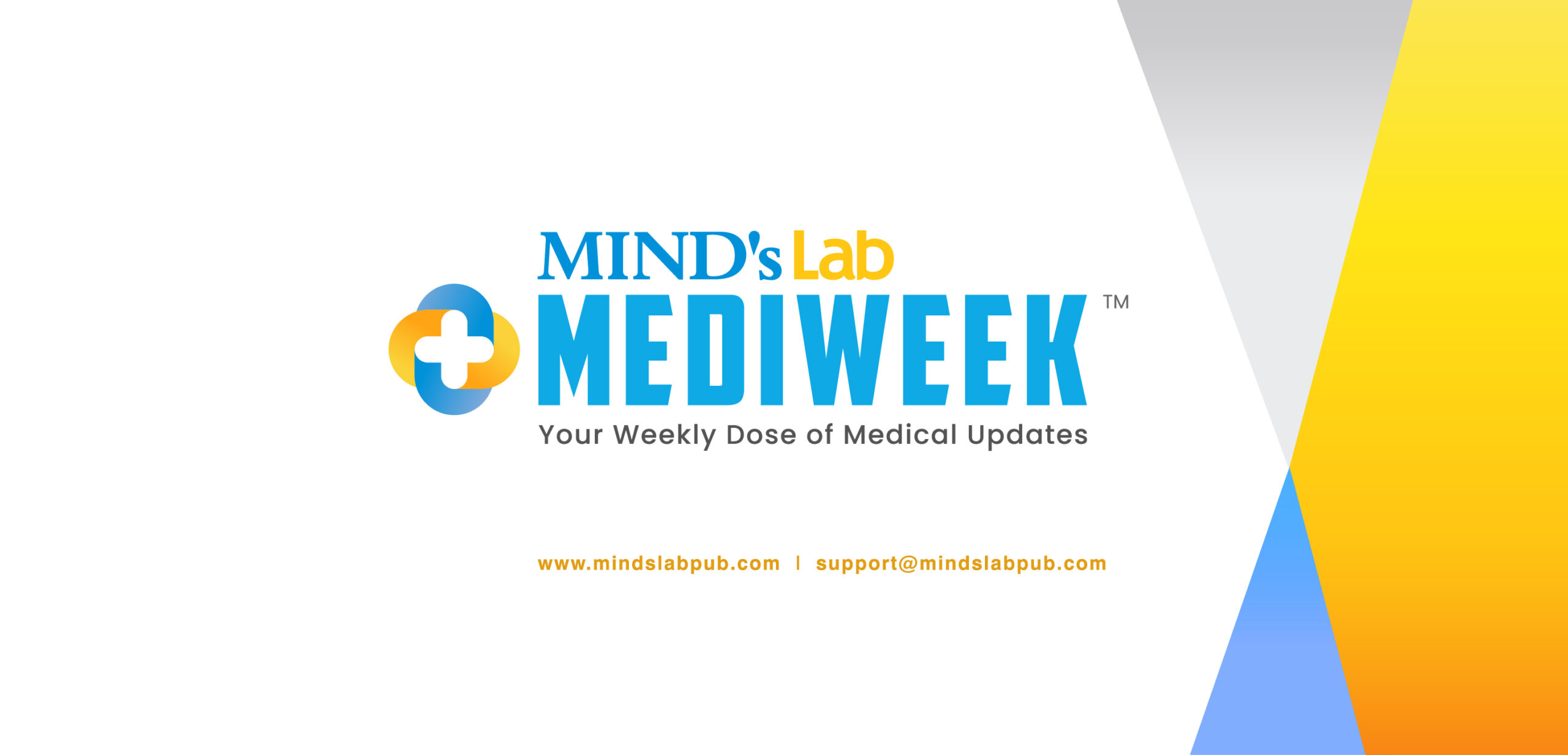
Sucralose, a widely used non-caloric sweetener, offers the advantage of a sweet taste without contributing any calories to the diet [1]. It is commonly included in beverages and foods aimed at weight management [2]. However, growing evidence has raised concerns that non-caloric sweeteners like sucralose may disrupt the body’s natural appetite regulation mechanisms. By delivering the sensation of sweetness without the accompanying post-ingestive metabolic signals—such as rises in blood glucose or insulin levels—they may confuse the body’s normal feedback systems.1 This disruption could potentially influence hypothalamic function, a critical brain region involved in hunger and satiety regulation, and stimulate an increased appetite despite the absence of caloric intake [1,2].
A study by Chakravartti SP et al., published in the journal “Nature Metabolism”, investigated whether sucralose, a non-caloric sweetener, affects hypothalamic activity and appetite regulation compared to sucrose and water. In a randomized crossover trial involving 75 young adults, acute consumption of sucralose, unlike sucrose, increased hypothalamic blood flow (p <0.018) and hunger responses (p <0.001). Sucralose also enhanced functional connectivity between the hypothalamus and brain regions associated with motivation. These findings suggest that sucralose may disrupt normal appetite signaling mechanisms, potentially triggering hunger spikes and overeating [1,2] (See Graphic).

(Source: 1. Chakravartti SP, Jann K, Veit R, Liu H, Yunker AG, Angelo B, Monterosso JR, Xiang AH, Kullmann S, Page KA. Non-caloric sweetener effects on brain appetite regulation in individuals across varying body weights. Nature Metabolism. 2025;7(3):574-85. 2. Watts E. Popular sweetener may increase weight gain by boosting hunger [Internet]. Medical News Today. 2025 Apr 5 [cited 2025 Apr 29]. Available from: https://www.medicalnewstoday.com/articles/popular-sweetener-may-increase-weight-gain-by-boosting-hunger)
